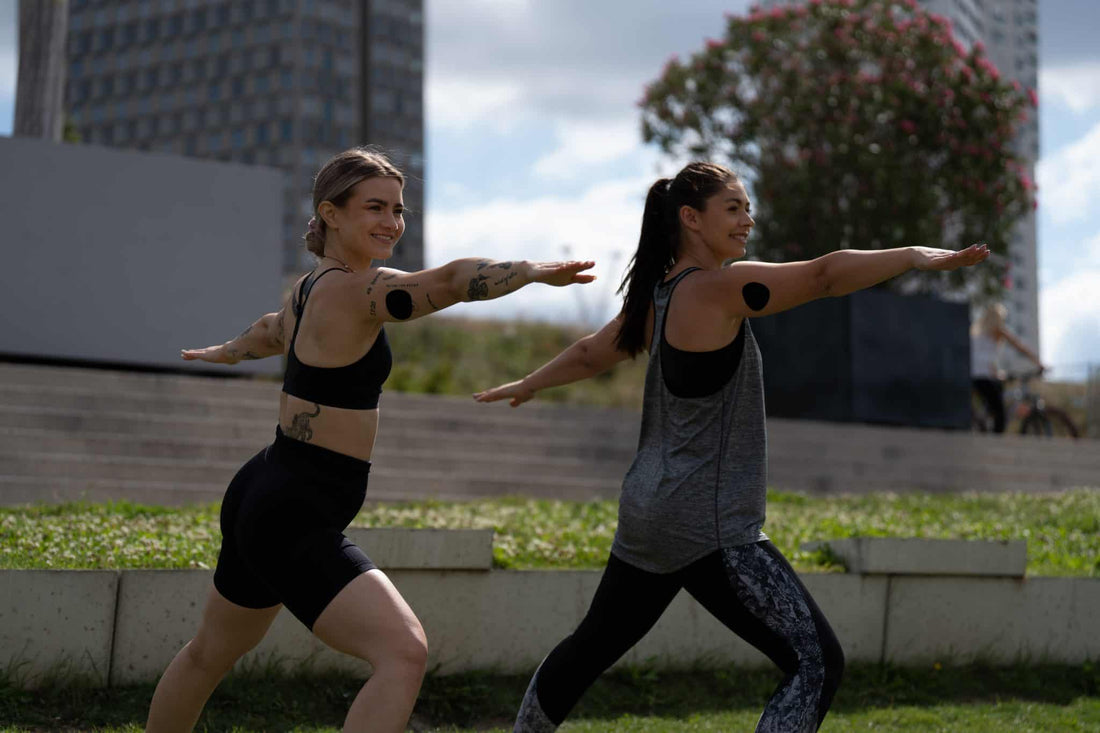Feeling sleepy after eating is a common problem. Many people notice it especially in the afternoon, just a short time after lunch. This is why it's also called the "afternoon slump." You may have noticed that you or your colleagues are running around looking for sugar and coffee. Both are tempting because they can offset afternoon fatigue.
But there's a better way to boost your energy than sweets and coffee. For example, by planning your meals to maintain your energy. Below, we'll show you how to do this and which foods you should avoid that can drain your energy.
Why do you feel tired after eating?
You're most likely to feel this way after eating a large meal, especially if it contains a lot of poor quality fats, starches, and/or sugar.
One of the main causes of fatigue after eating is a drop in blood sugar (glucose) levels.

After eating starch or sugar, your blood sugar level rises rapidly, and it doesn't take long for it to fall again and your blood sugar "crash." This can cause feelings like difficulty concentrating, cravings, and fatigue. However, the severity of these symptoms varies from person to person.
In addition to these feelings, sugar and starches also lead to an increased release of serotonin. Serotonin is a "happy hormone," but it can also make you feel relaxed and tired.
Other reasons why you feel sleepy after eating include the functioning of your parasympathetic nervous system and your circadian rhythm .
The parasympathetic nervous system is the part of your nervous system responsible for the "rest and digest" processes. It responds to eating a meal by making you feel more relaxed.
When you eat, the blood in your digestive system also has to work harder to speed up digestion. You may never have thought about it, but breaking down food is a lot of work for your body, requiring a lot of energy.
In addition to the physiological process, fatigue can also be caused by your "internal clock" (circadian rhythm). It's considered natural and "normal" to feel a little tired in the afternoon, usually between 2 and 4 p.m., a few hours after most people's lunch break.
To find out what you can do to support your body in its processes and feel less tired, we give you a few tips below.
Our tips:
- Balanced Meal: Make sure you eat a balanced meal that includes fiber-rich foods, healthy fats, protein, and vegetables. Avoid overeating refined carbohydrates like pasta, cereal, protein-free grain bowls, pasta dishes, sweets, etc.
- Add vegetables: When in doubt, add some vegetables, such as roasted chicken or fish, to a protein dish, and some fat, such as olive oil or avocado slices, to round it out. Keep in mind, though, that too much protein can make some people feel lethargic. We recommend a mix of different proteins, not just a single source.
- B vitamins and D vitamins: Foods that provide you with B vitamins, vitamin D, and iron can also help boost your energy levels. B vitamins and iron are important for supporting digestion and the metabolic processes that convert the nutrients in your food into usable energy. Examples include salmon, eggs, and dairy products.
- Smaller meals: We've already mentioned that digestion requires a lot of energy, so if you eat a larger meal, your body may have to "switch off" while it tackles the daunting task of breaking down all that food.
- Stay hydrated: Make sure you drink plenty of water (and not too much caffeine, alcohol, or sugary drinks), as hydration is essential for feeling your best. Drinking alcohol with a meal can make you especially tired because it impairs liver function and carbohydrate processing.
- Go for a walk. Light exercise throughout the day, especially after eating, can help you feel less tired.
Many people experience a drop in energy after eating. Large meals and meals rich in protein and carbohydrates are the most likely to make you sleepy. Track your blood sugar levels to see if your favorite food is a blood sugar lowerer. And learn what small changes you can make to continue enjoying it.





